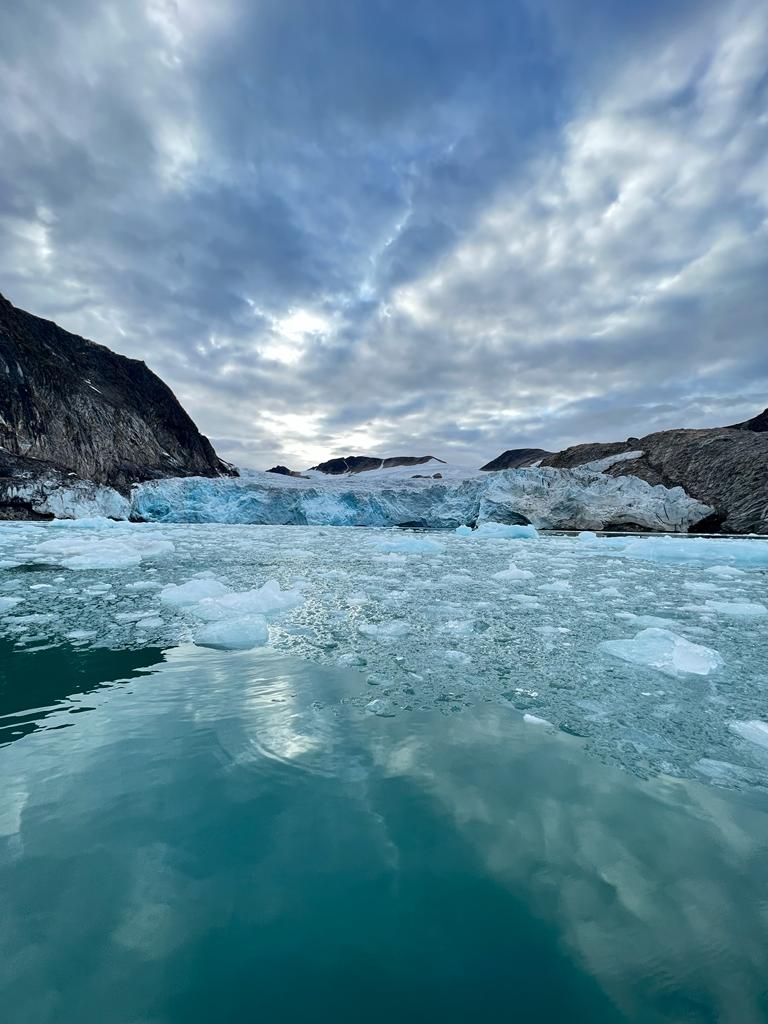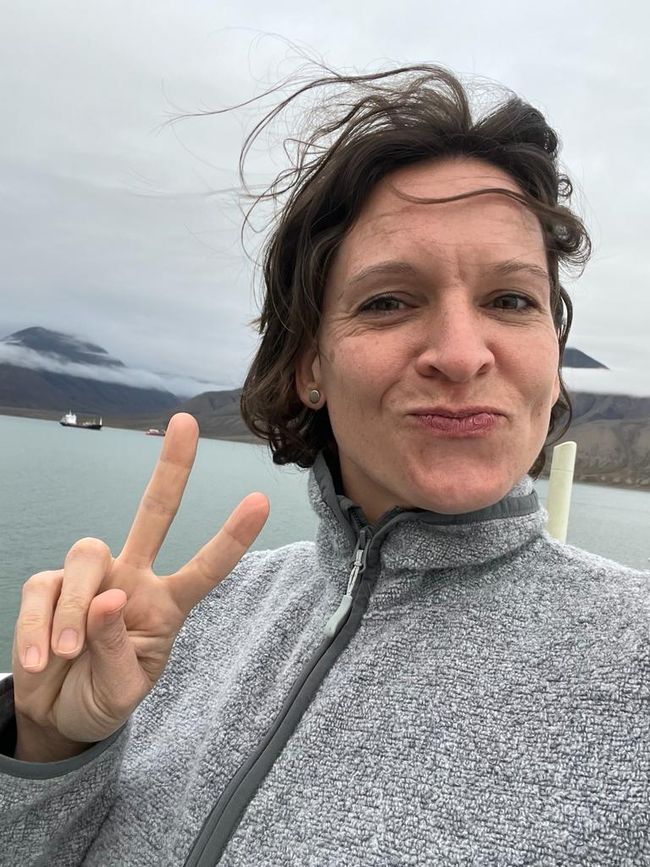La Patagonia Argentina
יצא לאור: 10.02.2019
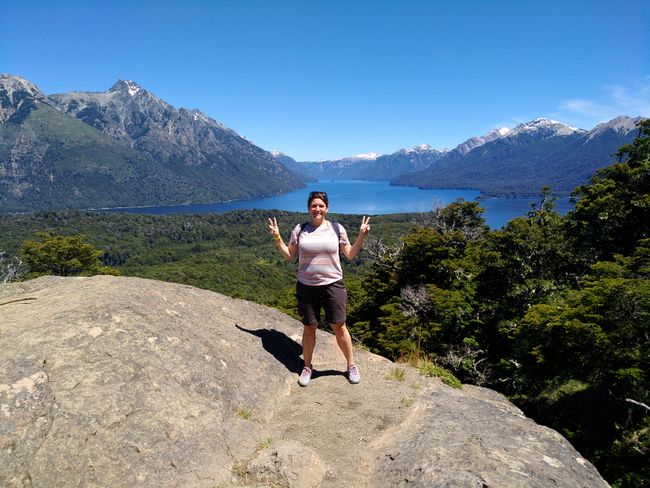
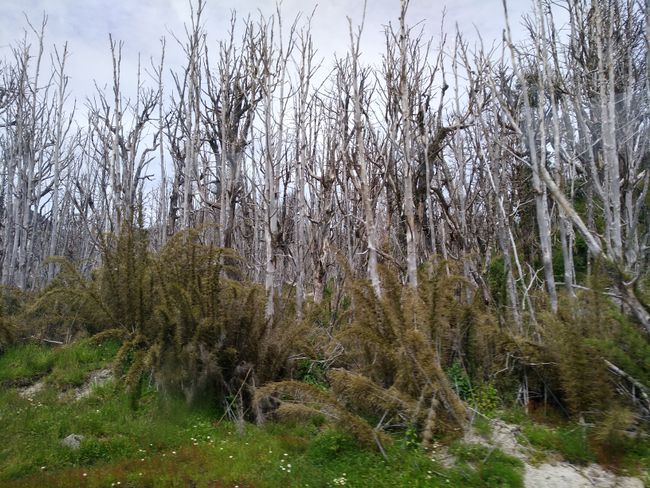
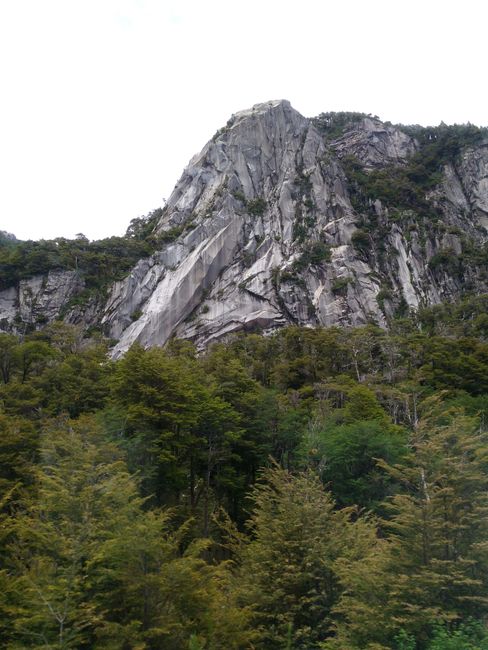
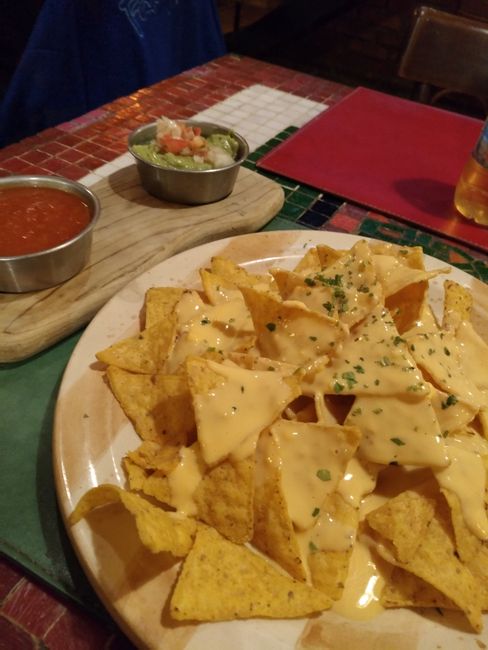
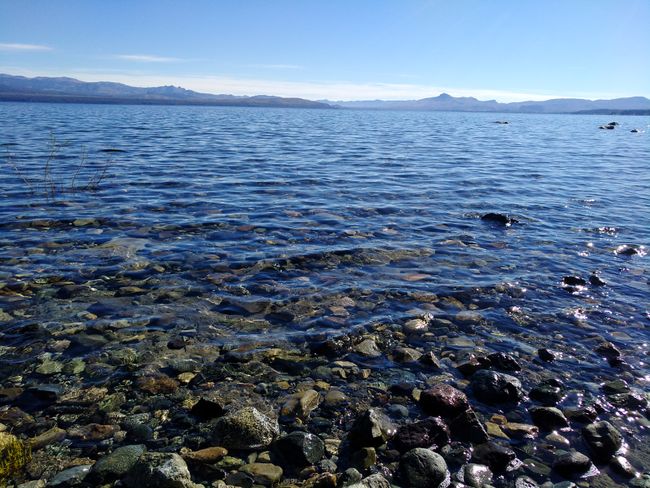
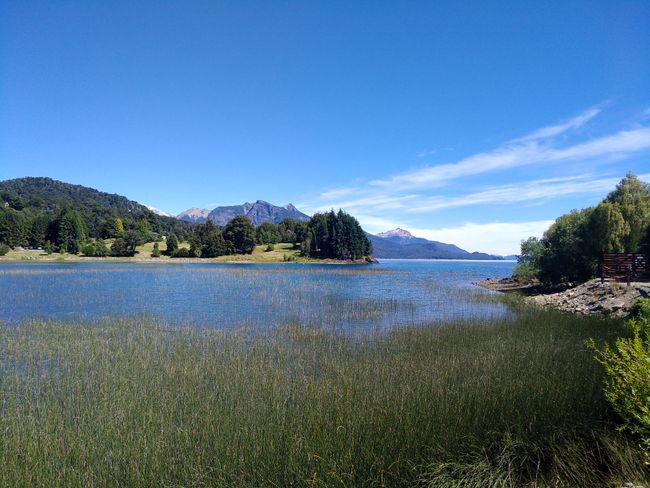
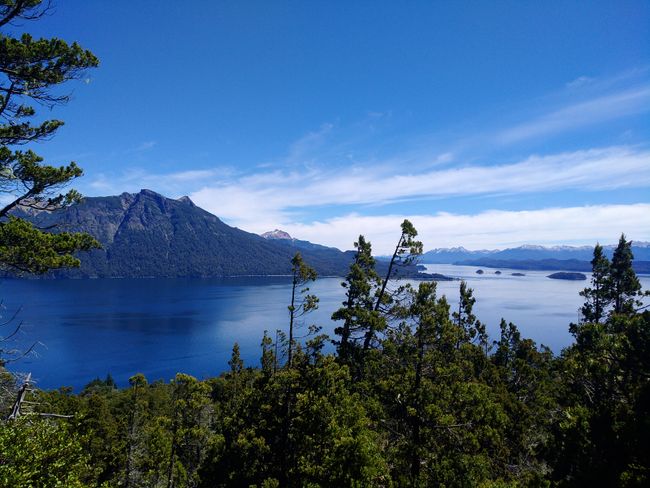
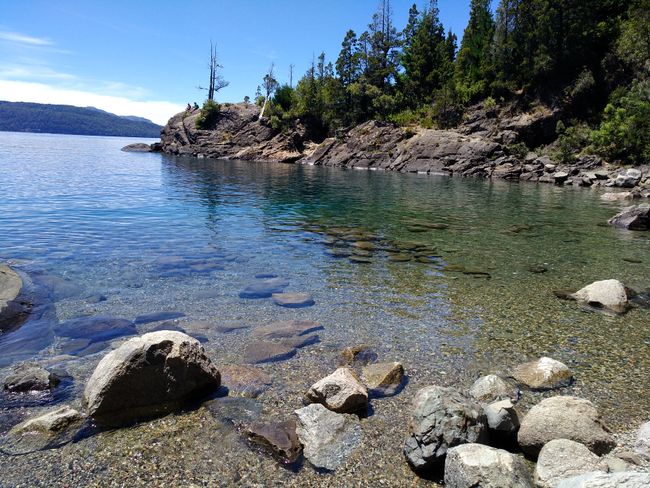


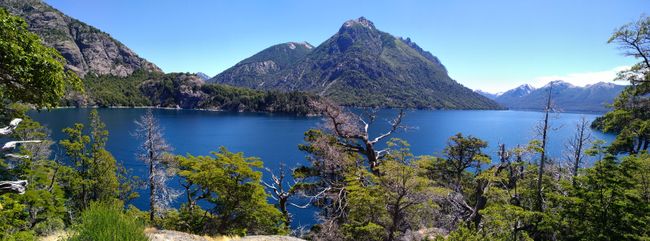
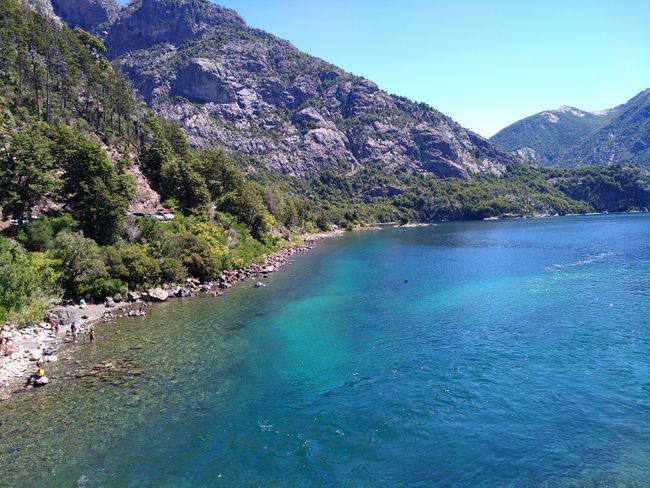
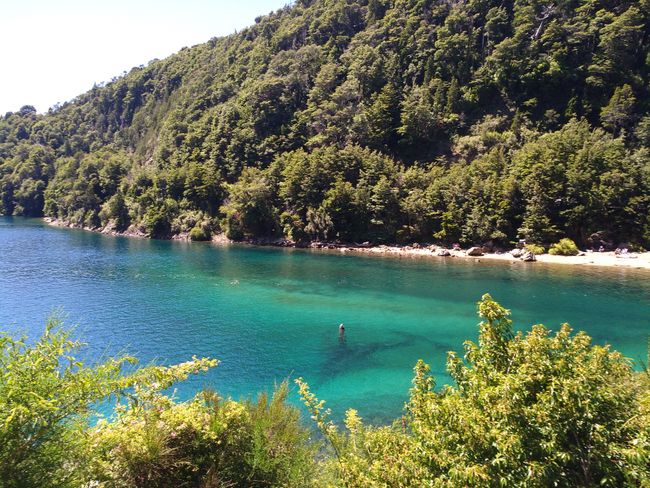
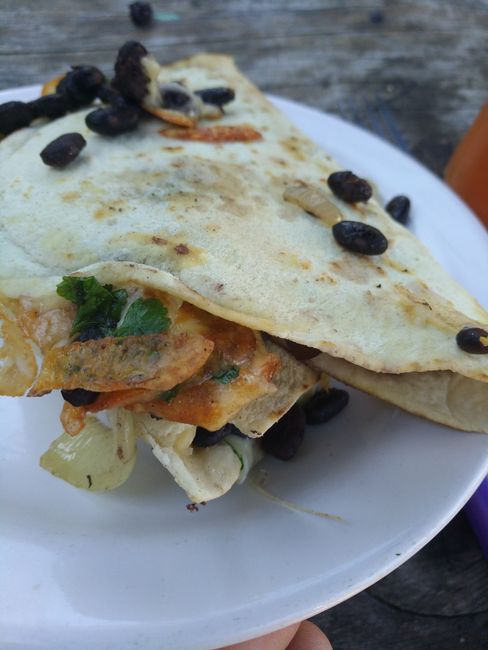
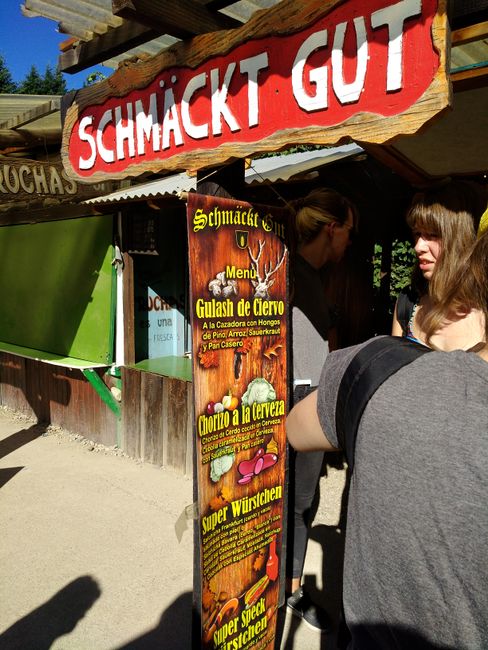
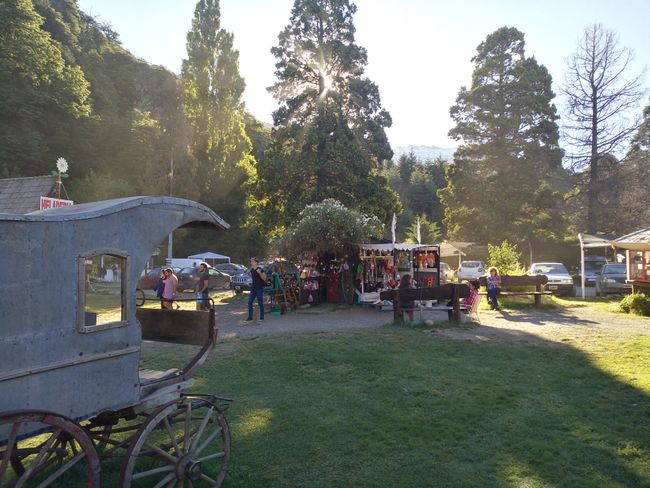
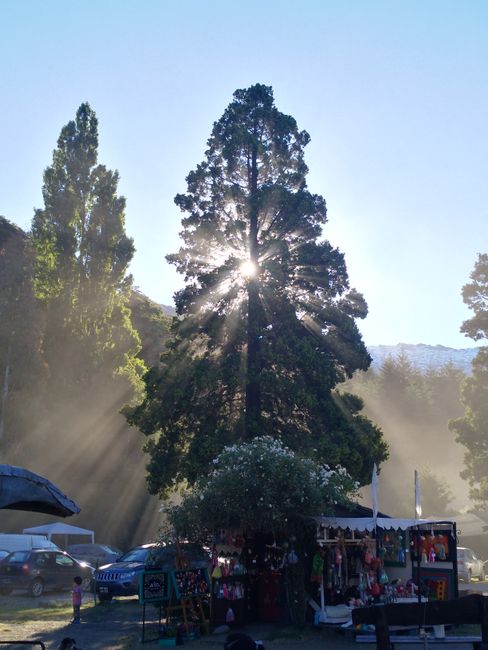
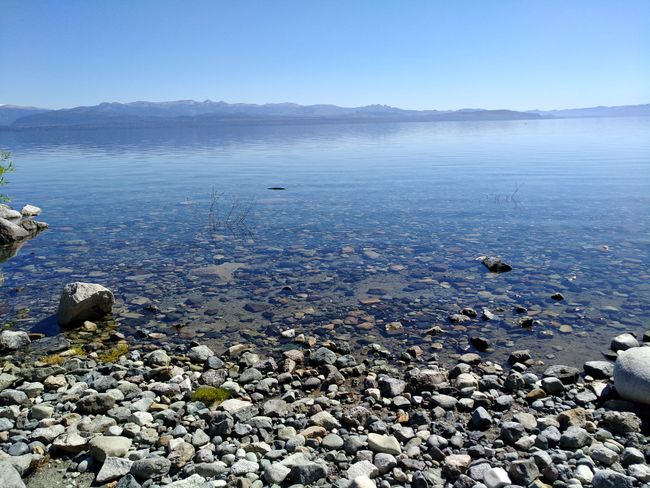
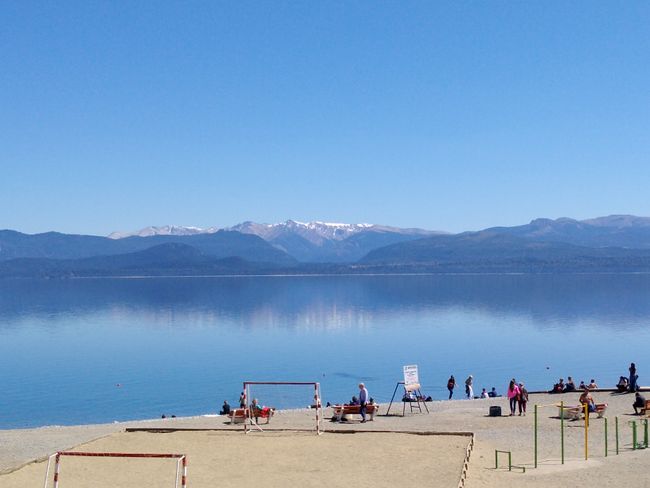
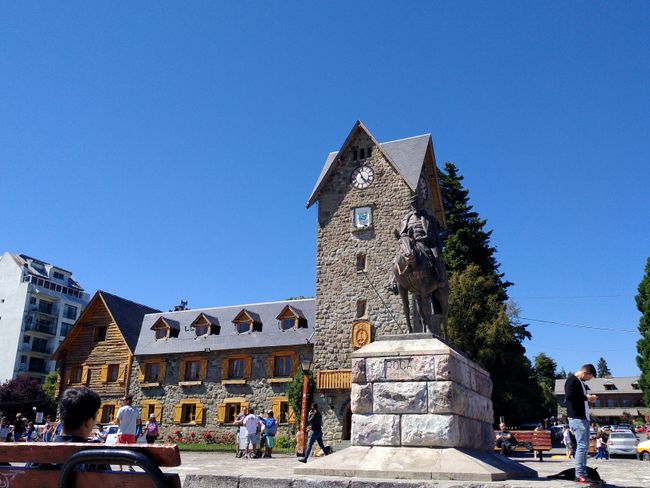
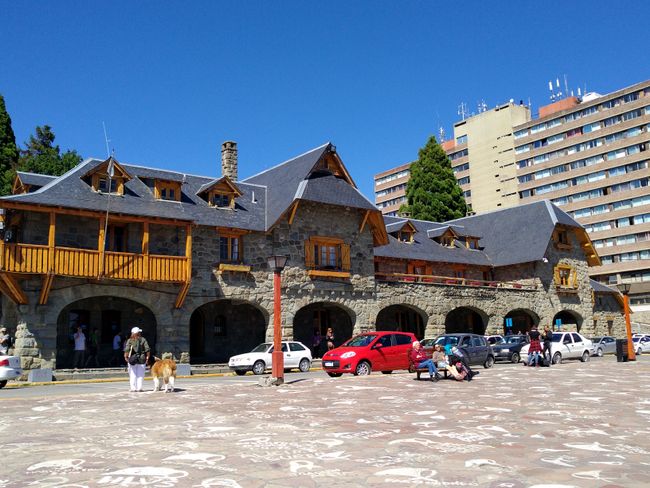

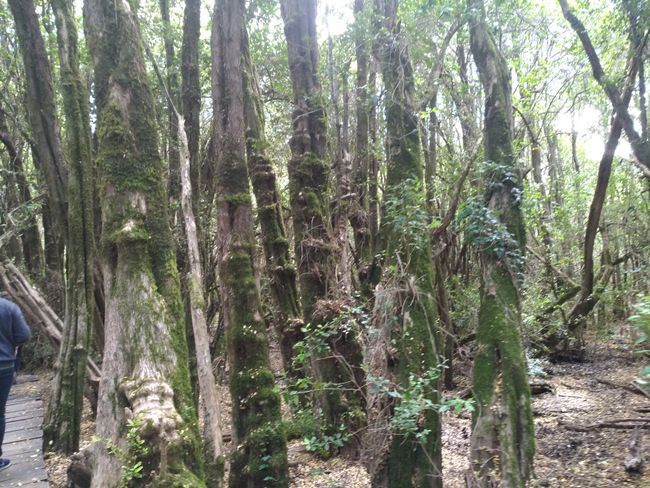
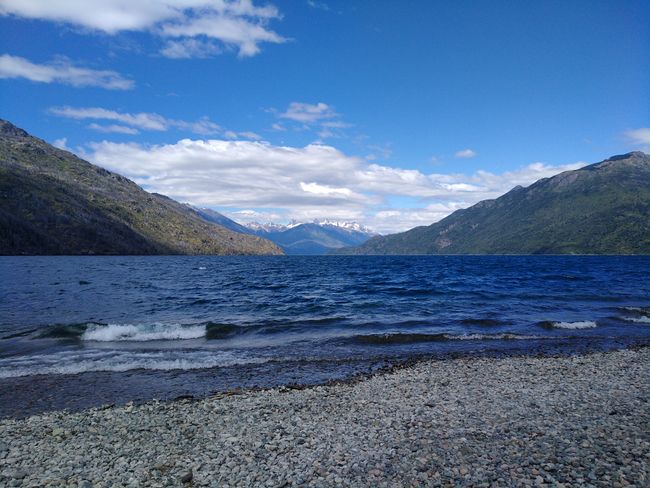
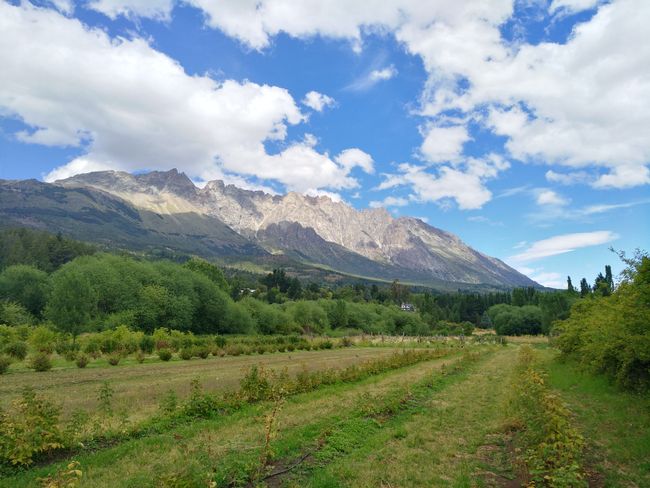
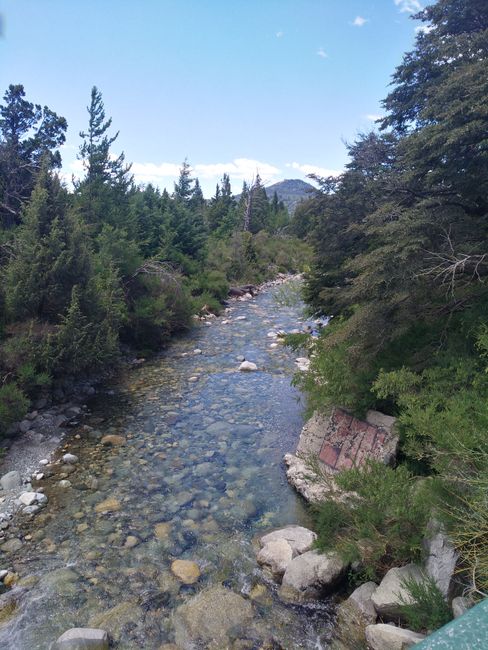
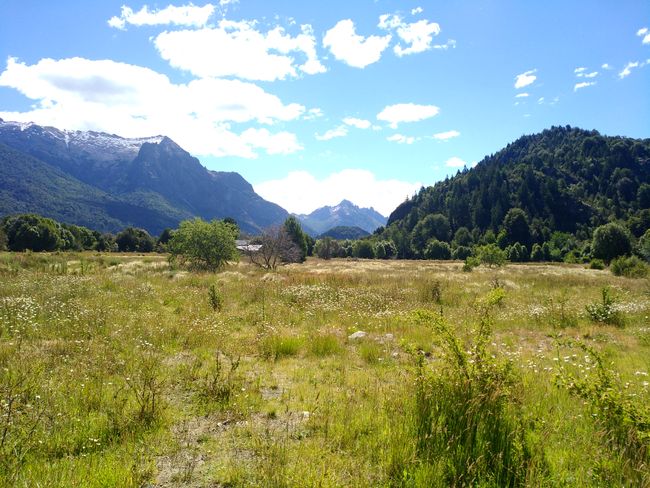
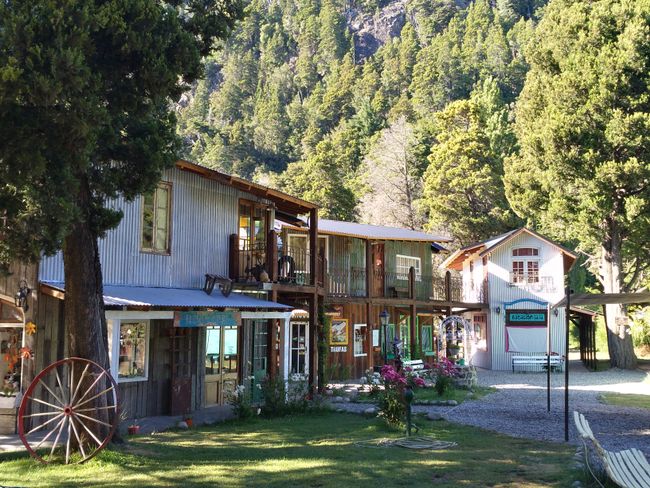
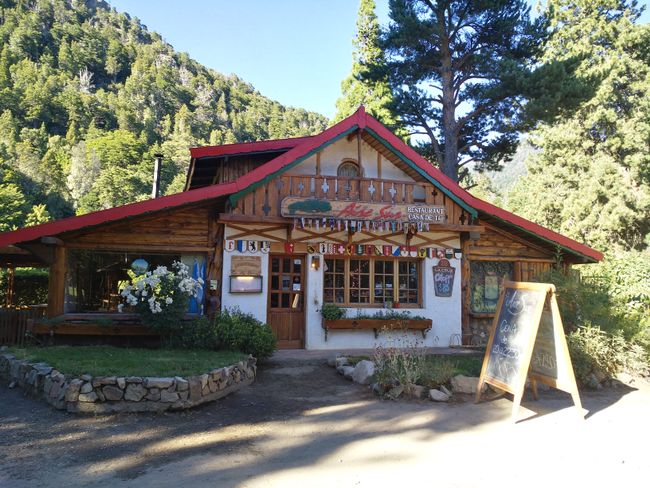
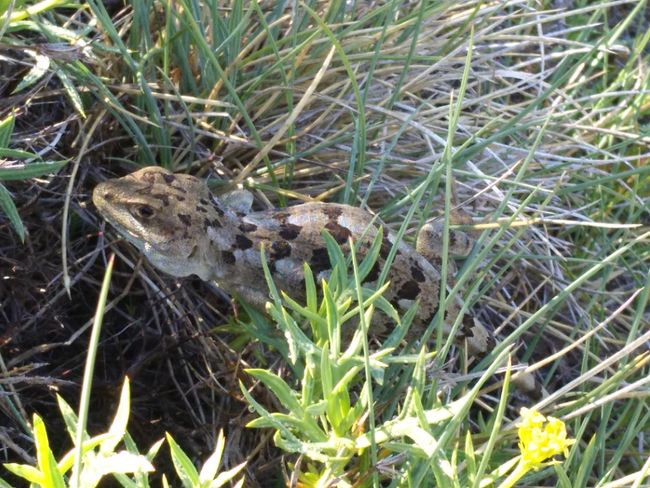
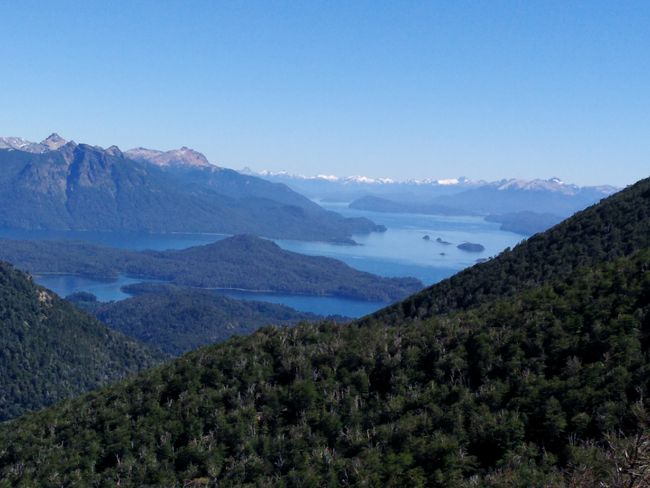
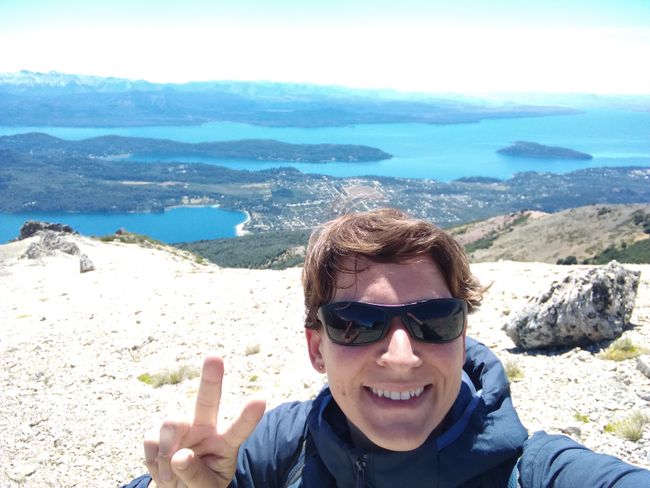
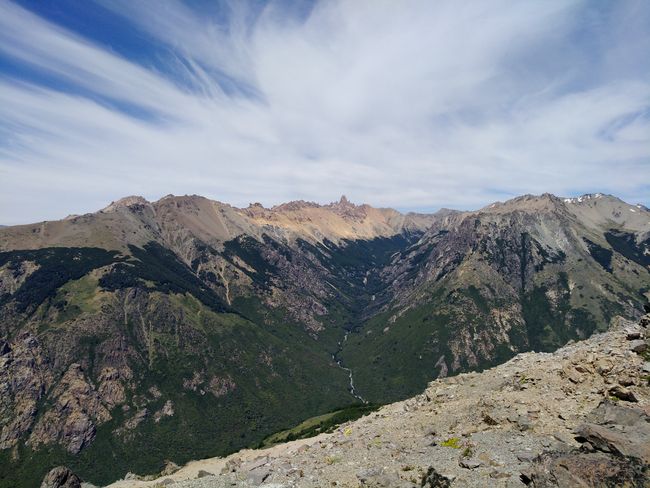
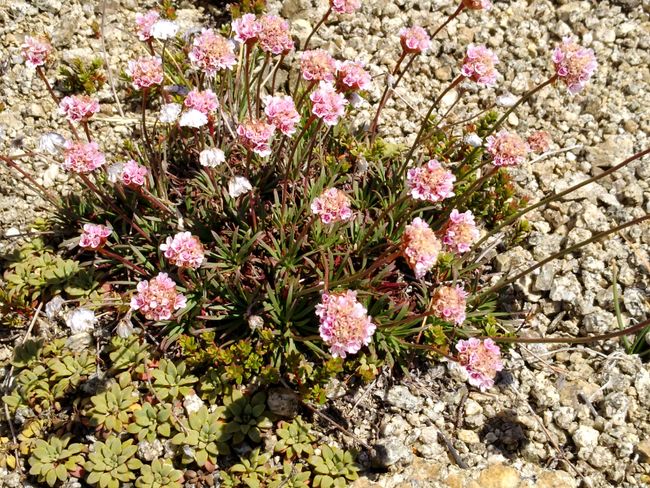
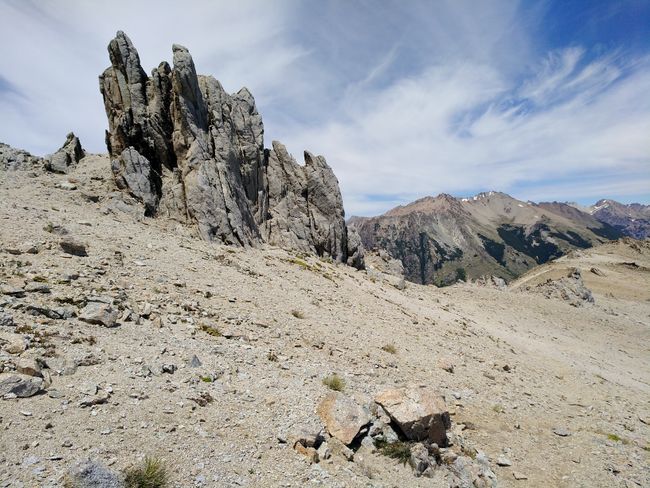
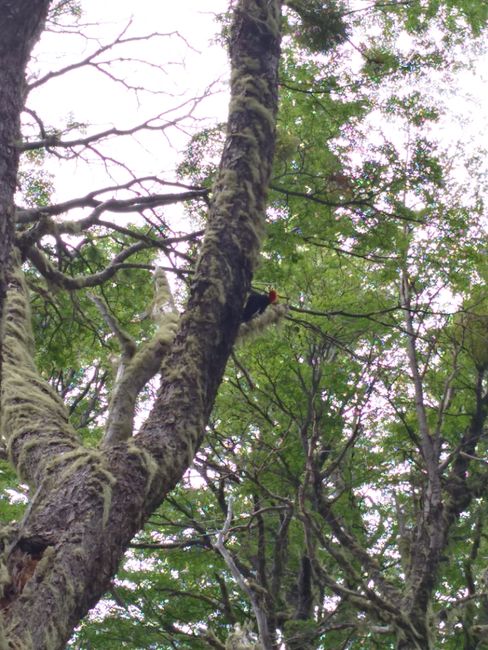
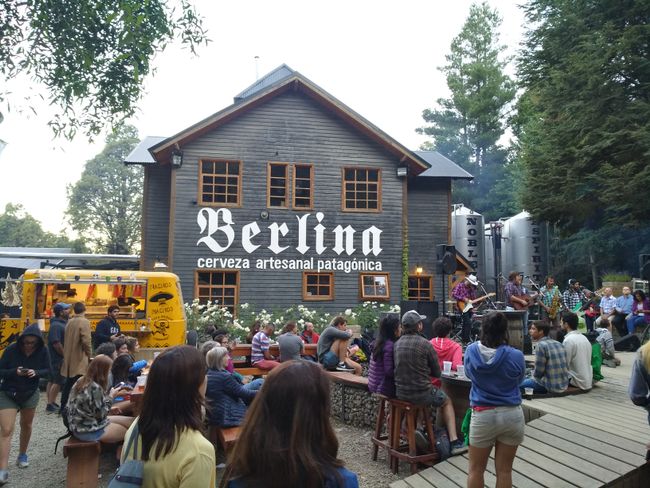
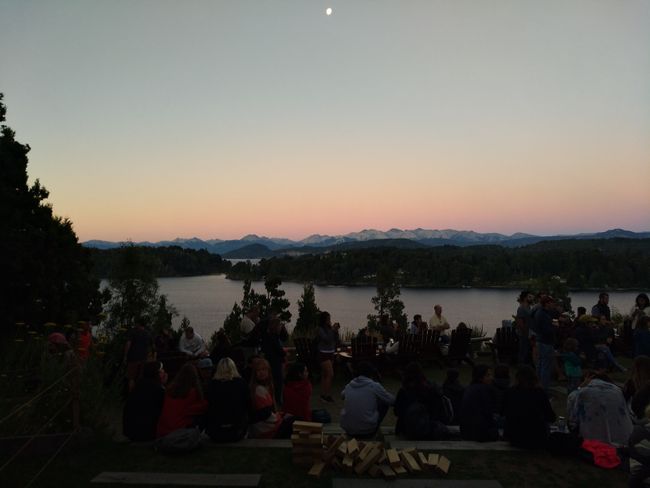
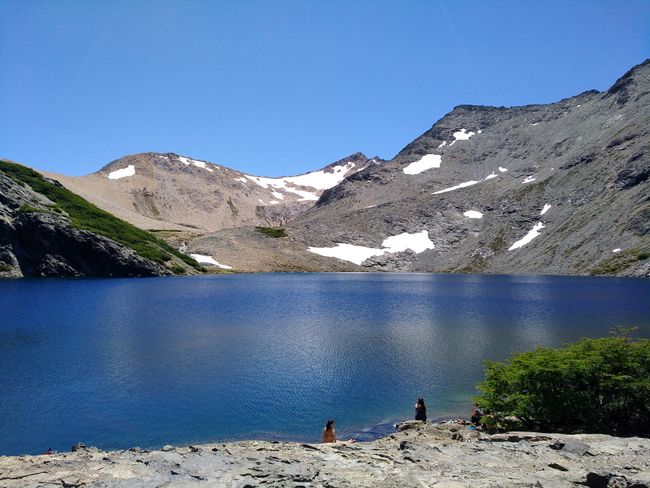

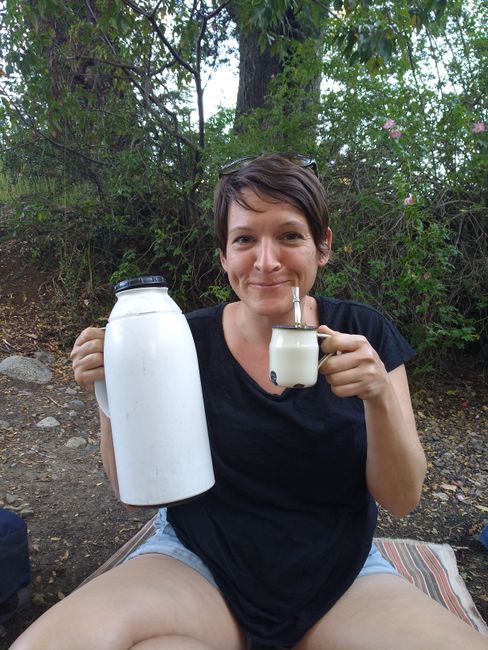
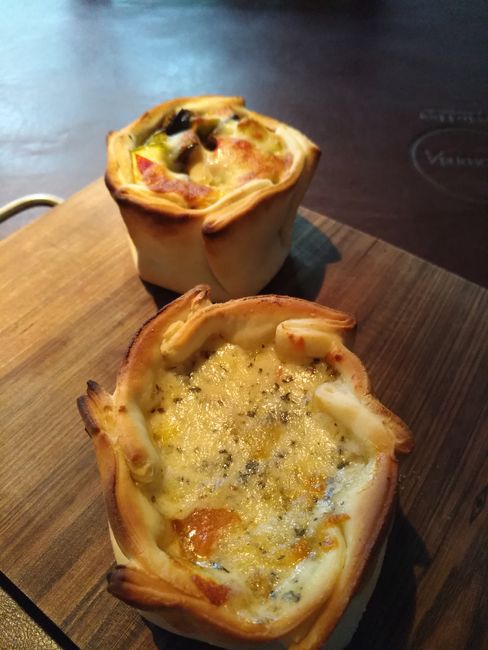
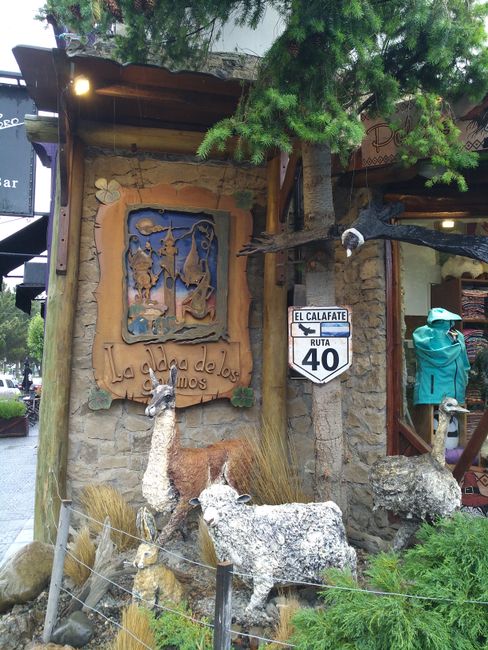


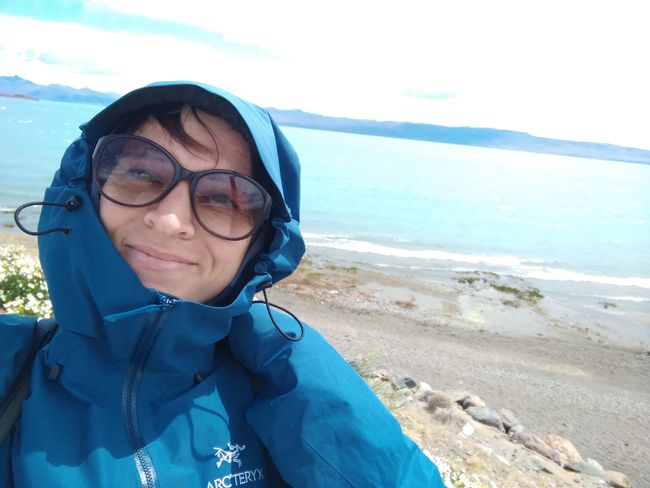
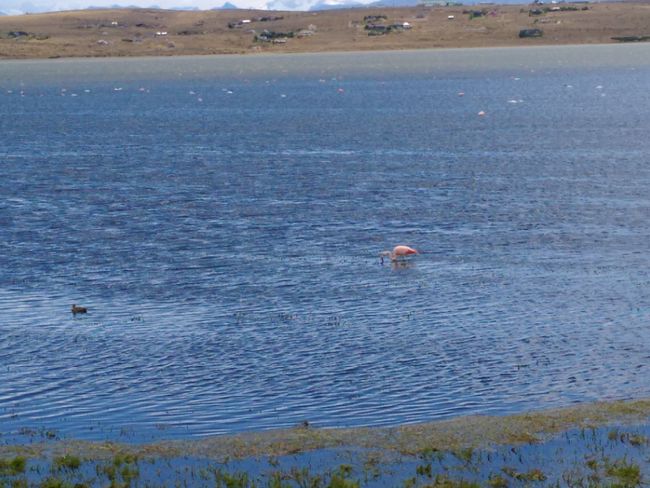
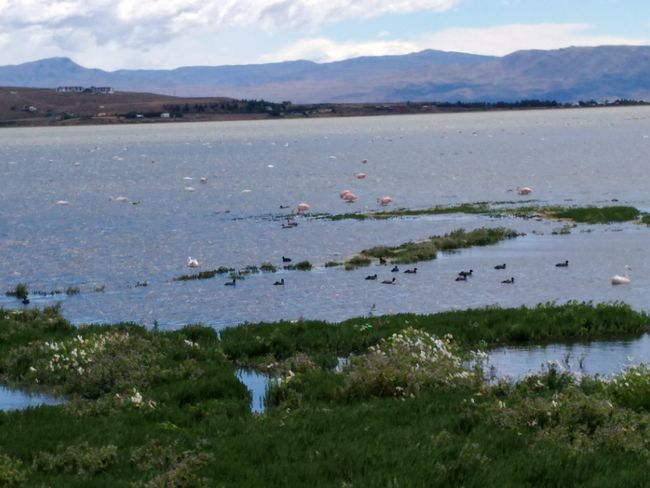
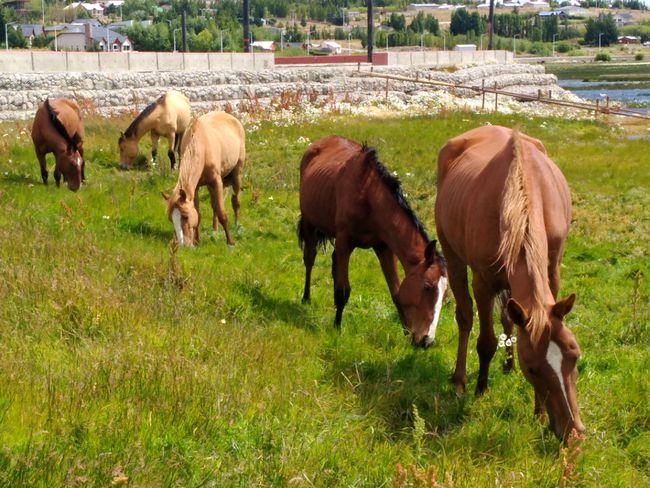
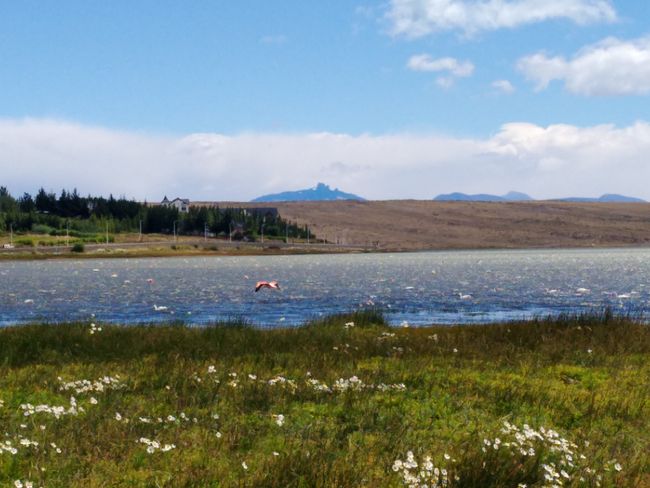
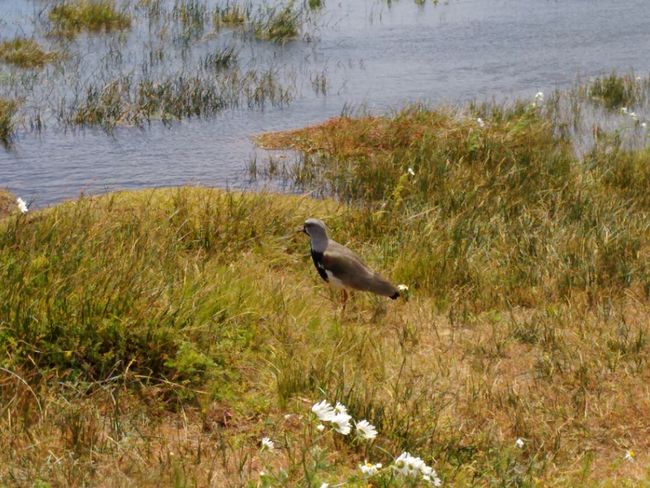
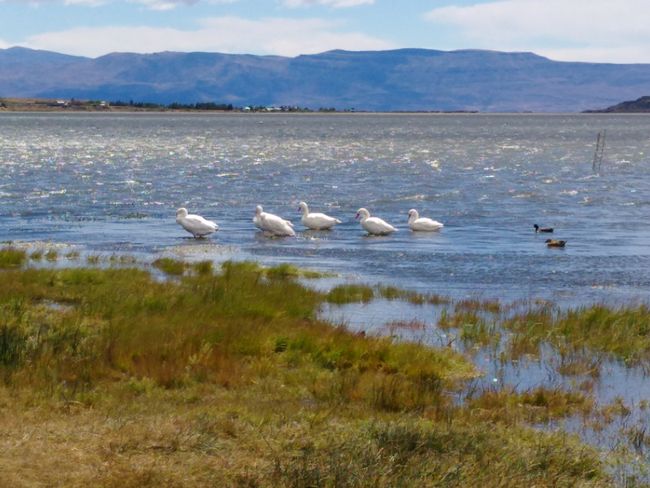
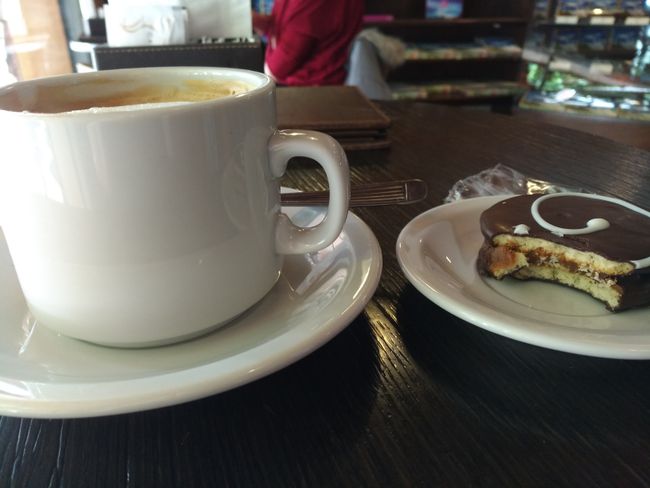

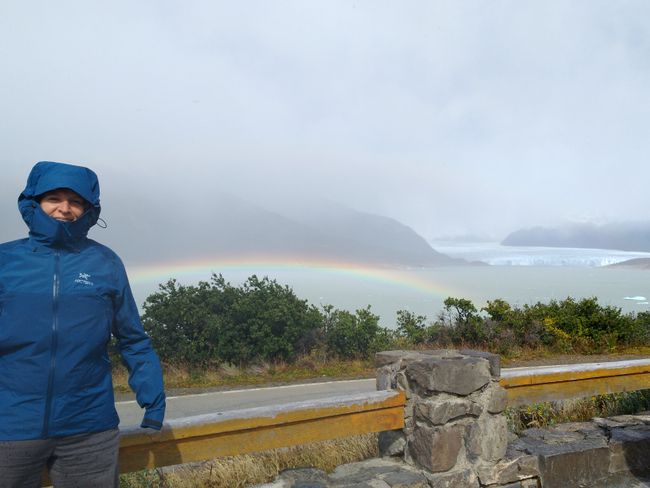
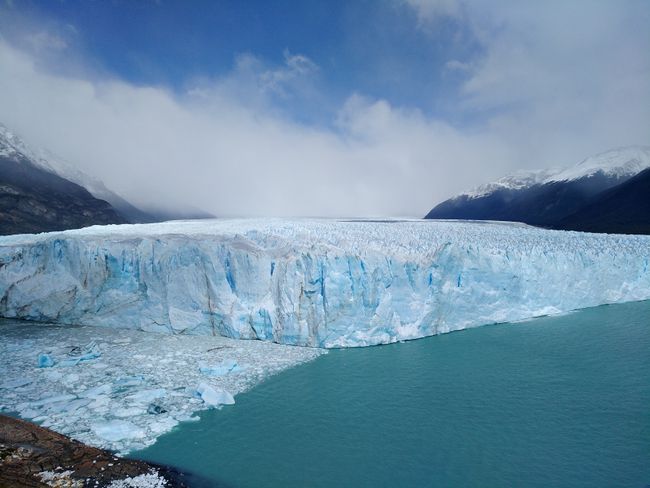
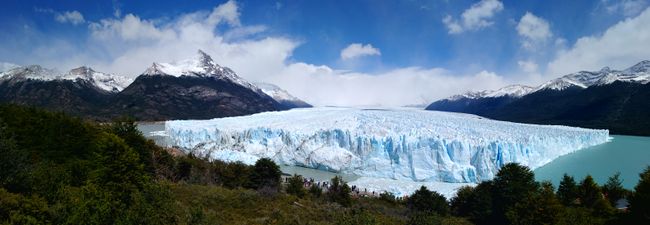
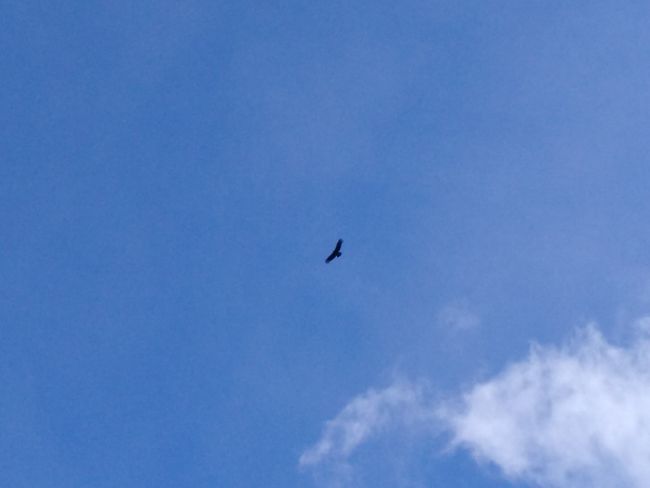
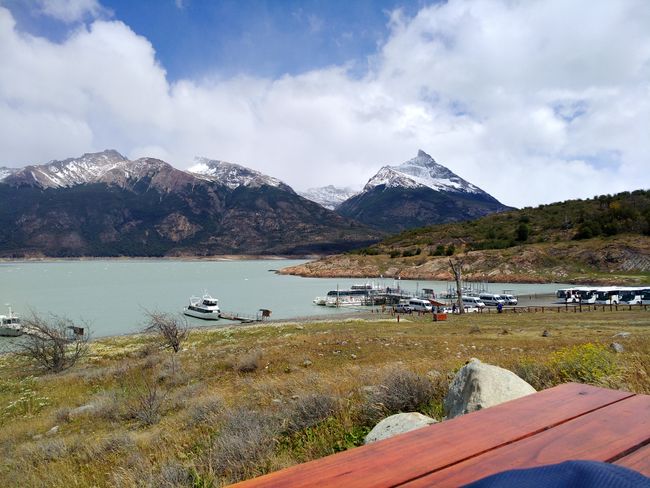
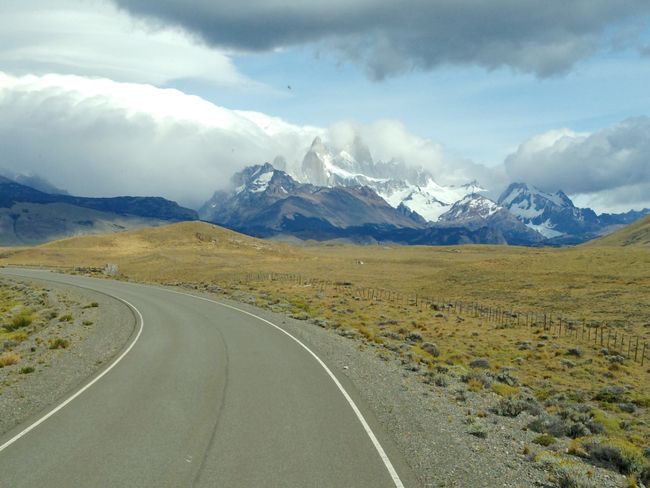

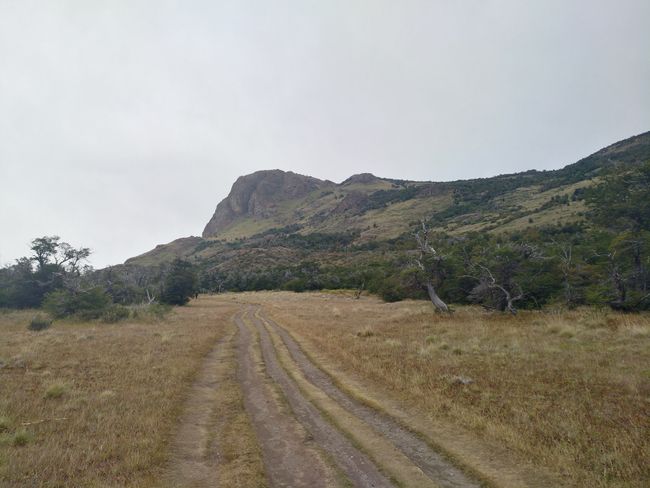

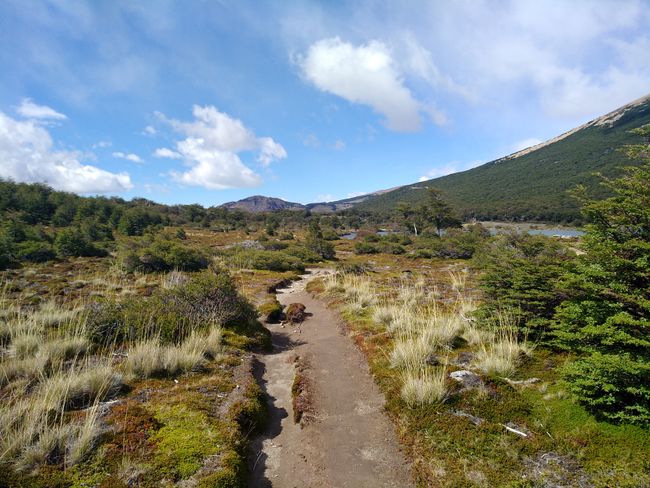
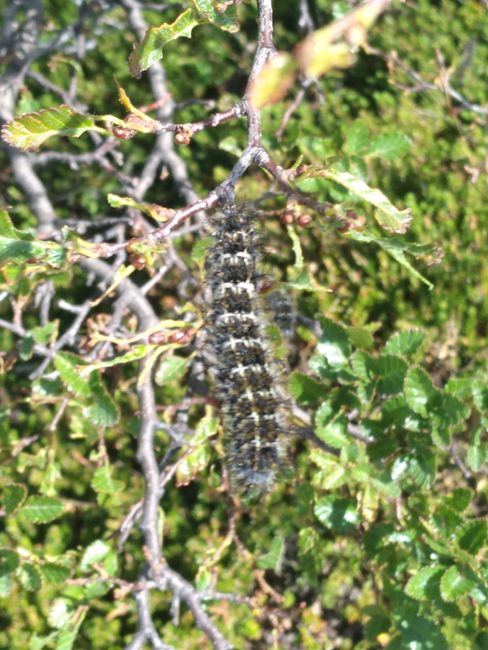
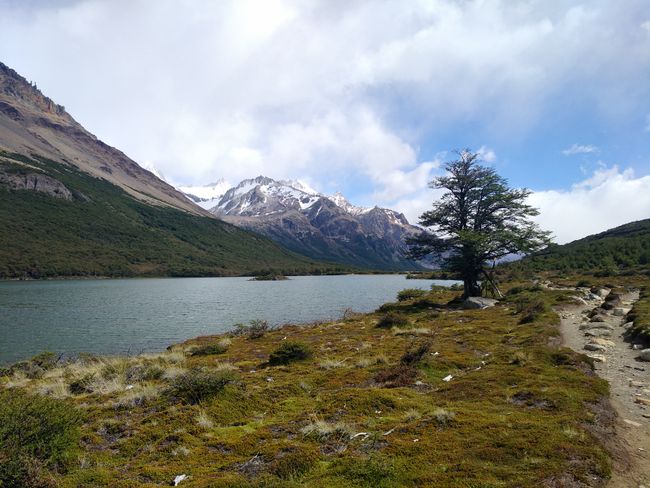
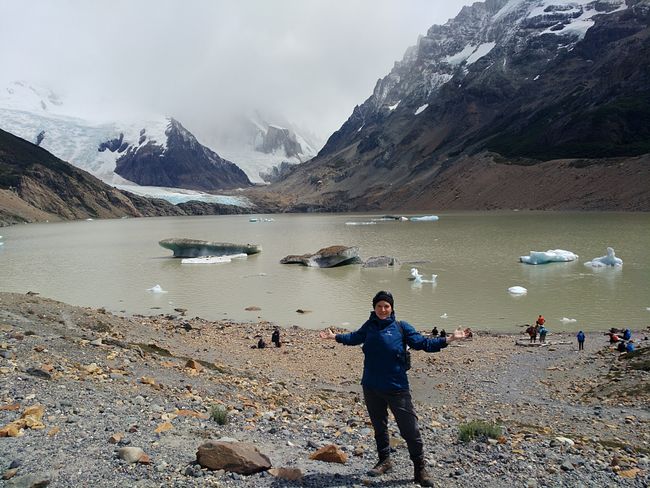
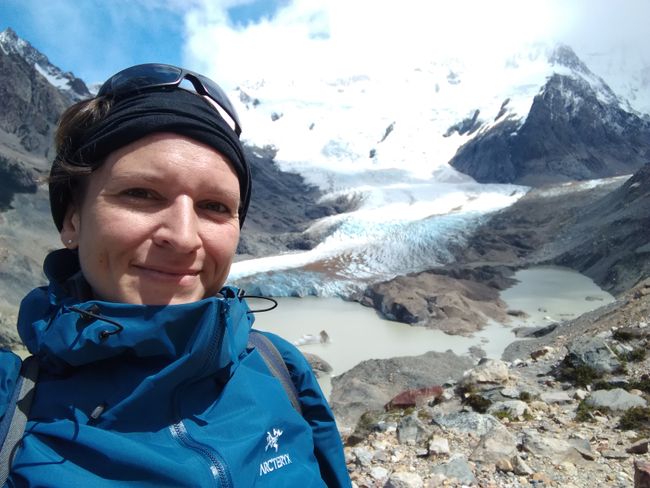

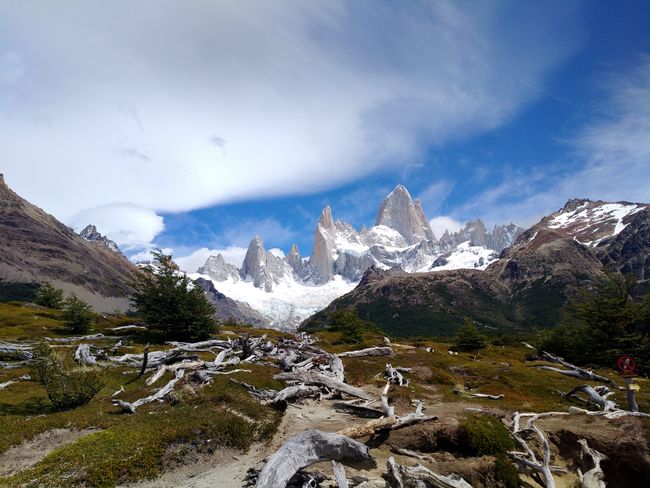
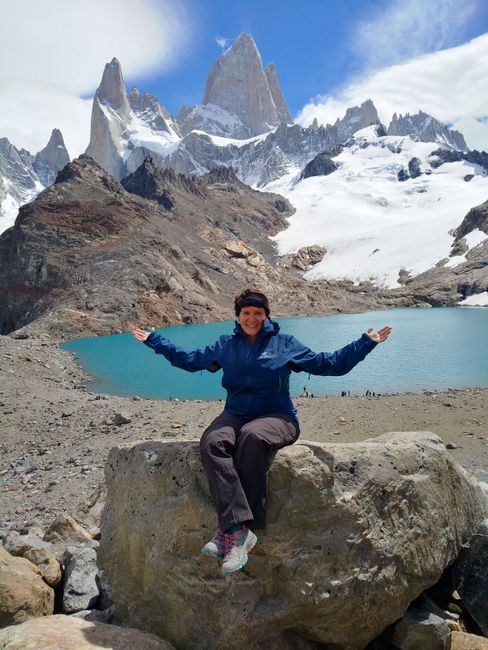
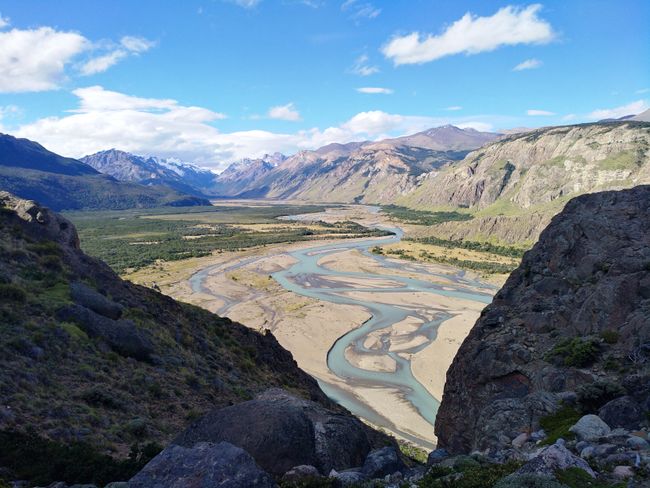
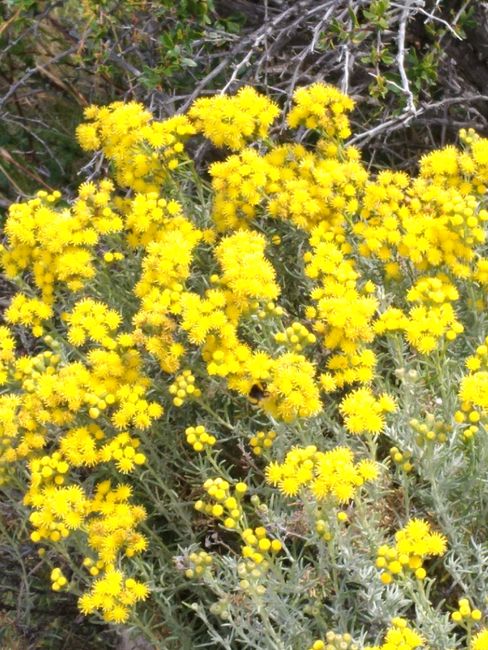
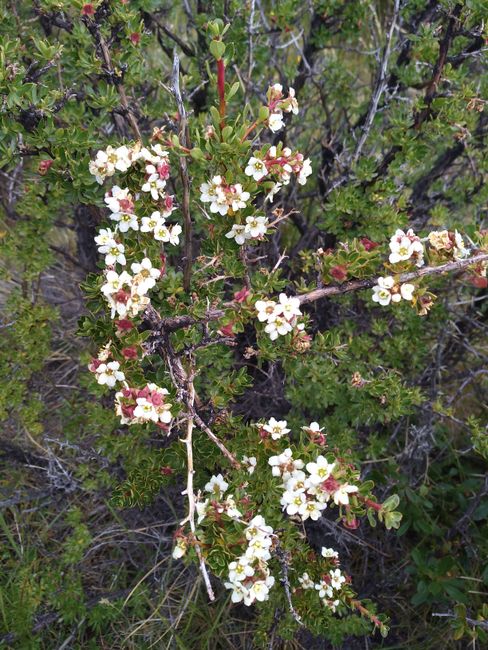
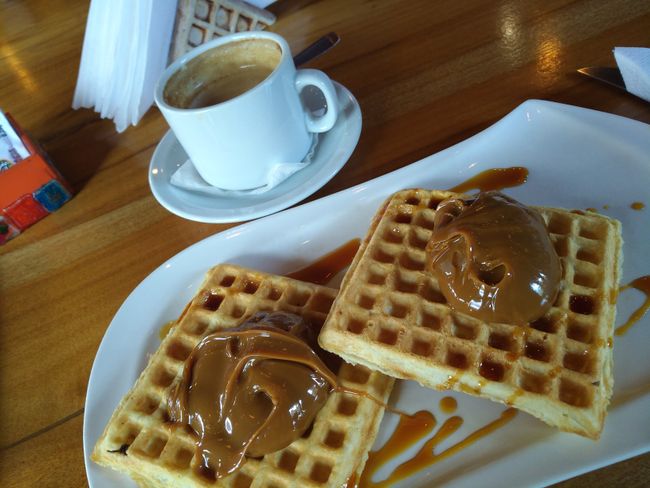
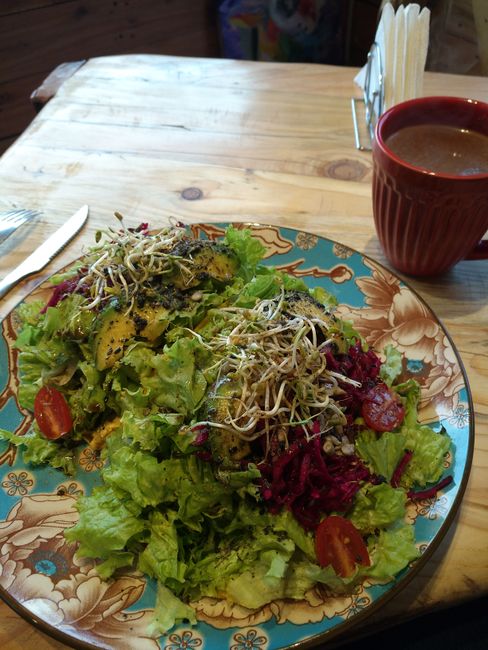
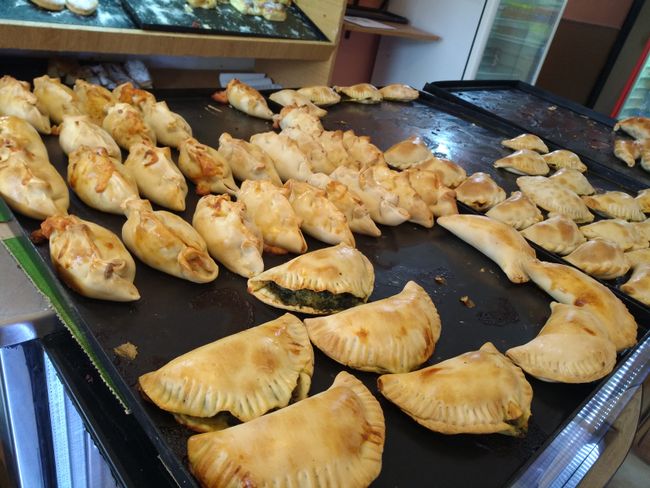
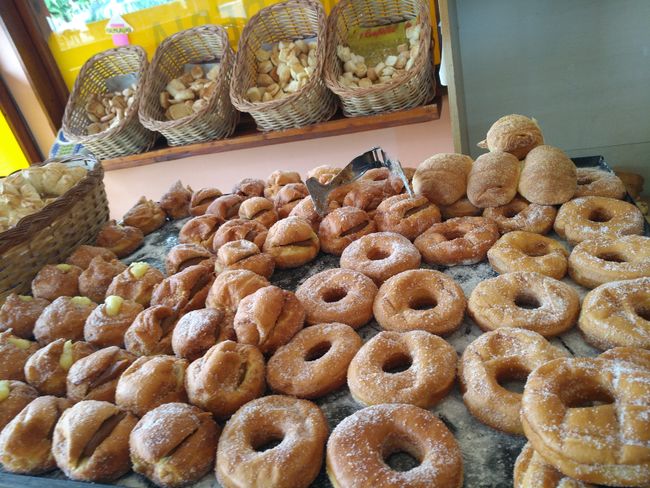
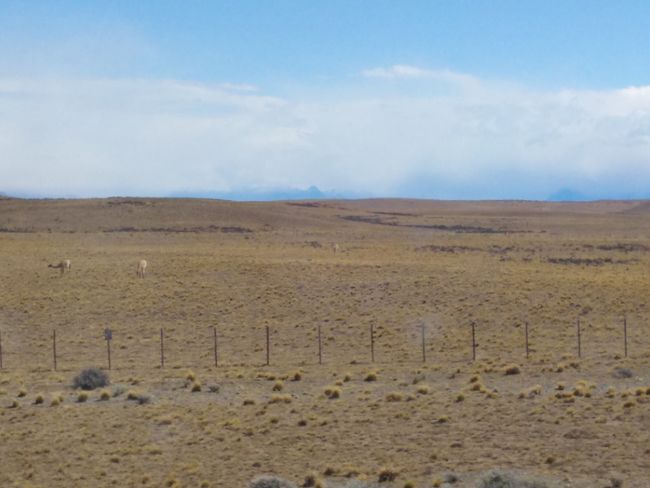
הירשם לעדכונים
Before coming here, I only associated Patagonia with Chile. I didn't even consider that Argentina has a much larger part of it. I heard the same city names from other travelers over and over again. They said that the nature there is so beautiful, a hiker's paradise, etc. So, I went back to Argentina, I already know the border crossing procedure by now.
In San Pedro de Bariloche (or just Bariloche), I immediately felt so comfortable that I stayed for ten days. The landscape with the mountains and the huge, branching lakes is simply breathtakingly beautiful and offers endless hiking opportunities.
I feel like I've fallen into a painting by Bob Ross. Anyone who knows the late TV painter with the afro from the 80s knows how lovingly and godlike he made landscapes come alive on the canvas. Until now, I always thought he just made up such landscapes. Today I know that he must have gotten his inspiration from here. Everything is so detailed, so colorful. This work that I see before my eyes must have been accomplished by a great artist, that's for sure. And I just feel endless gratitude that I get to experience this and let it affect me.
To hike even more, I spontaneously signed up for three days at the campsite in the Swiss colony in the national park. I felt quite comfortable in my rented tent, even though it wasn't until the second night that I figured out what I had to wear so as not to freeze at night. The little town comes to life three times a week when homemade souvenirs, Swiss-style food and drinks, and Argentine music are offered.
Right now it's summer vacation in South America and many locals are traveling. So it's not surprising that many Argentinians visit this beautiful spot. Camping and hiking seem to be a popular sport, even among young people. They always have their mate with them. At first, I couldn't figure it out. The small cups, partly artistically designed and covered with leather, with the metal straw and the green stuff inside that looks like green pesto, along with the constant pouring from the huge thermos bottle that is carried everywhere. These herbs ("yerbas") - we would simply call it tea, but that doesn't do it justice because mate is something in itself - come from the mate tree and are dried with water poured over them. You buy the yerbas in one-kilo bags, anything less wouldn't make sense for heavy users. Mate tastes very bitter, but you can sweeten it with sugar or honey. Drinking mate is like a social event because you share it everywhere and with everyone. You stand at the bus stop and offer the other person, of course from your own metal straw, to drink with you. You meet up with friends not for a beer, but for a mate. You go to the lake and take a thermos bottle in a mate leather bag with you. Everywhere you can have hot water refilled in the thermos bottle at restaurants. Daily consumption is obligatory. There are even songs about mate.
The city of Bariloche itself feels like an outpost of Switzerland. The stone-wood buildings and the alpine scenery fit more in Europe than in Argentina. There is cheese fondue and chocolate on every corner and for a small fee, you can have your photo taken with a Saint Bernard dog with a small barrel and a Swiss flag.
In winter, you can enjoy skiing, and in summer, you can enjoy nature outdoors until 10 pm. It's really a beautiful spot on earth.
Just an hour's flight away (I didn't take the 24-hour bus ride), there are the towns of El Calafate and El Chalten, which also delight the heart of every hiker and nature lover. They are starting points for exploring the Patagonian Icefield, which Argentina and Chile share. The area includes almost 50 glaciers, which represent the third largest freshwater reservoir on the earth after Antarctica and Greenland. The relationship between Argentina and Chile has not been and is not the best. This resource has been a major point of dispute in the past.
The visit to the Perito Moreno Glacier, which is known not only for its easy accessibility but also for the fact that, unlike many other glaciers, it does not lose mass but remains the same size throughout the year, is super impressive with its 30 km length. The loud crashing sound when a piece breaks off and falls into the lake makes you listen and stand captivated by the force of nature and watch the little cloud of ice dust.
The most famous mountain in El Chalten is Fitz Roy, which competes with Torres del Paine, where I will go later, in terms of its majestic appearance. The high mountain with its white peak and the shining blue lake in front of it looks as if I have been placed in front of a photo canvas. Here, nature clearly has the upper hand, and humans are only tolerated. You regularly experience this through the wind or the rain. When the wind reaches speeds of 80 km/h, it feels like a storm is breaking over you. At the same time, the sky shines in a friendly baby blue and acts as if nothing is happening. You can only pass the road in a crouched position and with a lot of muscle power. On such days, there is no hiking, you just stay at home and use the bad to non-existent satellite-internet or read a book the old-fashioned way.
The animal world also shows itself at its best. During my days here, I saw flamingos, guanacos (a type of llama), rheas (smaller ostrich-like birds), condors, and countless other birds on the water and in the air, all in the wild.
הירשם לעדכונים
תשובה
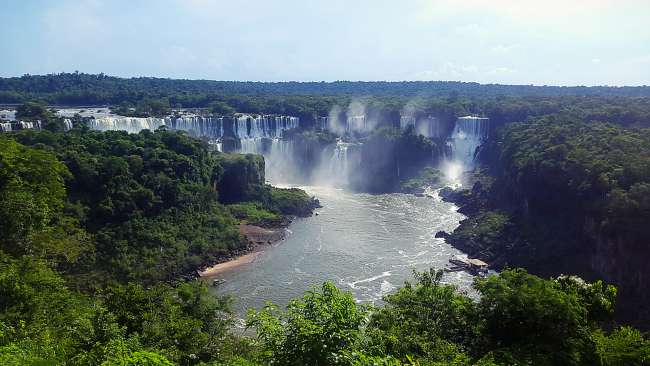
דוחות נסיעות ארגנטינה
